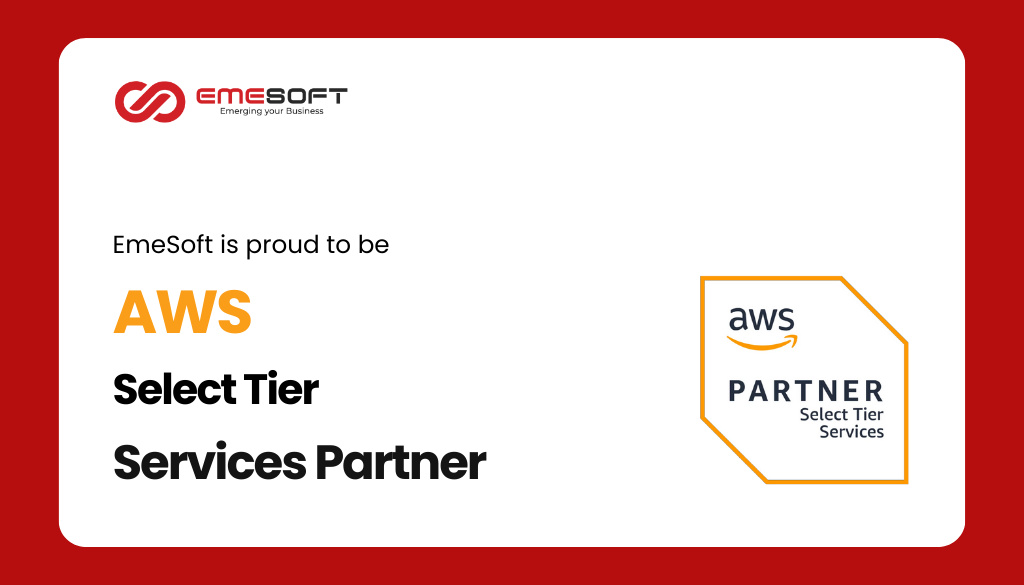In the modern business landscape, data is more than just a resource—it’s a pivotal asset driving strategic decisions and growth. Databricks, a unified data analytics platform, is at the forefront of this data revolution, empowering businesses to harness the full potential of their data assets. This article explores how Databricks enables businesses to leverage big data for growth, focusing on its scalable architecture and advanced analytics capabilities.
Databricks: A Catalyst for Data-Driven Decisions
Databricks offers a unique combination of data engineering, data science, and business analytics on a single platform. This integration allows businesses to extract meaningful insights from their data more efficiently and effectively.
Scalable Architecture
One of the core strengths of Databricks is its scalable architecture. It is designed to handle vast amounts of data and complex computational tasks, making it ideal for businesses of all sizes. The platform’s ability to scale up or down ensures that businesses can manage their data workloads without compromising on performance or cost efficiency.
Example: A global retail company used Databricks to process petabytes of data from customer transactions, social media, and IoT devices. The scalability of Databricks enabled them to analyze this data in real-time, leading to optimized inventory management and targeted marketing campaigns.
Advanced Analytics Capabilities
Databricks excels in providing advanced analytics capabilities, including machine learning, streaming analytics, and graph processing. These features allow businesses to go beyond traditional data analysis methods, offering deeper insights and predictive analytics.
Example: A financial services firm implemented Databricks to enhance its risk assessment model. By utilizing the machine learning capabilities of Databricks, they were able to develop more accurate predictive models for credit risk, significantly reducing defaults.
Accelerating Innovation with Data
Databricks fosters an environment for rapid innovation. Its collaborative workspace enables data teams to work together seamlessly, sharing insights and building models more efficiently. This collaborative aspect is crucial for businesses looking to innovate rapidly in today’s competitive market.
Example: A healthcare provider leveraged the collaborative environment of Databricks to develop a predictive model for patient outcomes. Data scientists, analysts, and healthcare professionals worked together on the platform, resulting in improved patient care and operational efficiency.
Successful Stories
- Grab Taxi: Struggled with an inconsistent view of data across teams. Now built an effective customer 360 platform on Databricks while saving on engineering overheads and costs exponentially.
- AIA Insurance: Struggled to create a 720-degree view of customers with internal and external data. Now with Databricks, they’ve seen a 2X+ growth in customer engagement and lead generation.
- HSBC Bank: Anomaly detection, customer segmentation, fraud detection, recommendation engines, transaction enrichment – reduced data processing from 6 hours to 6 seconds, replaced 14 databases with 1 data lake, 4.5X increased engagement on HSBC’s mobile app.
- Coins Philippines: 70% reduction in operational cost, 50% reduction in infrastructure cost.
Conclusion
Databricks is not just a tool for managing data; it’s a growth engine for businesses. Its scalable architecture and advanced analytics capabilities enable organizations to make more informed decisions, drive innovation, and ultimately fuel business growth. As data continues to be a critical asset for businesses, platforms like Databricks will play a key role in shaping the future of data-driven decision-making.




